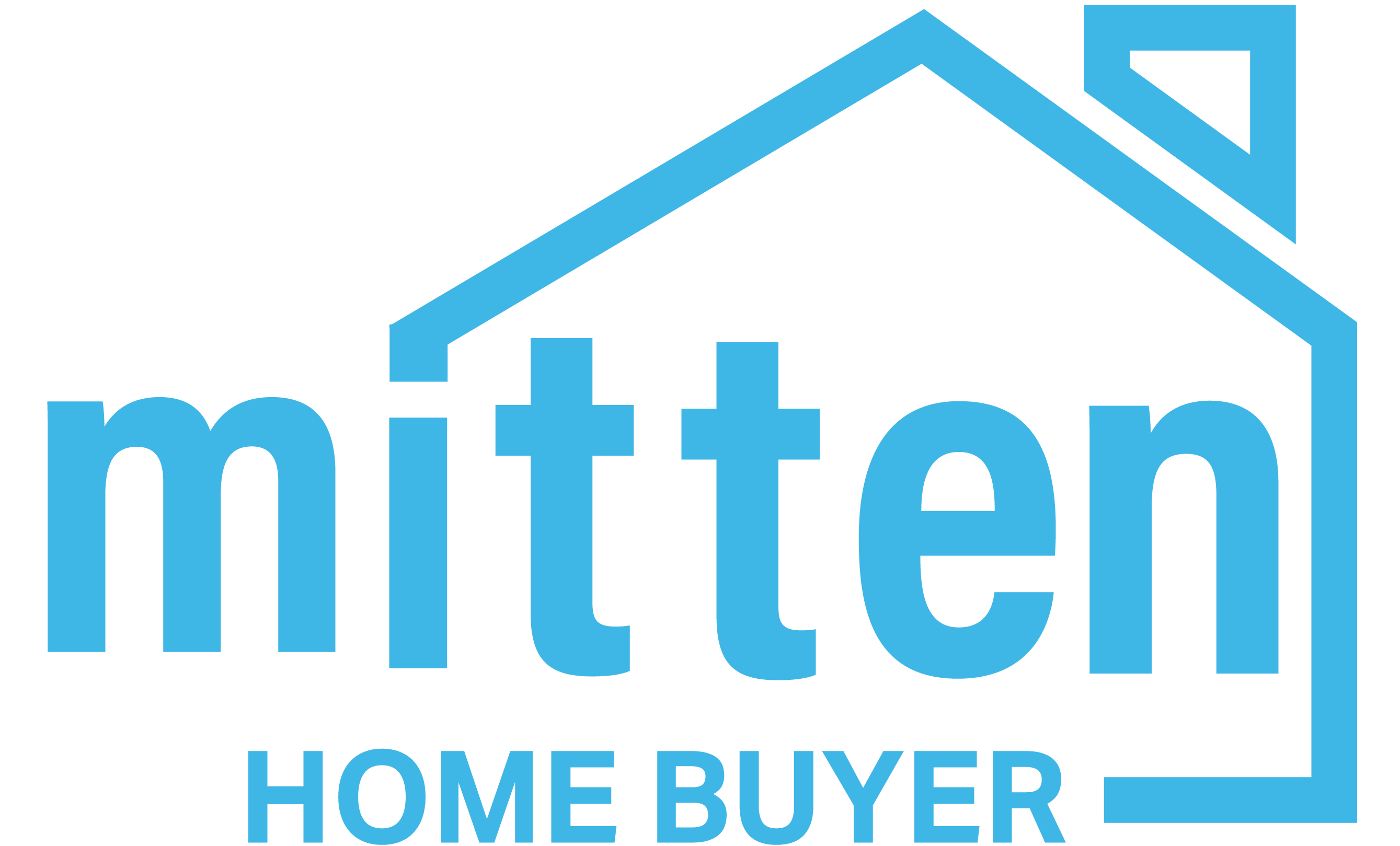
Introduction:
Inheriting a house can be both a blessing and a challenge. On one hand, it represents a valuable asset that could potentially provide financial stability or a source of income. On the other hand, it comes with responsibilities and decisions that need to be made, particularly if you’re not sure whether to keep the property or let it go. In Grand Rapids, Michigan, a city known for its vibrant culture, strong economy, and growing real estate market, the decision to rent or sell an inherited house requires careful consideration. This article aims to provide insights into the factors to consider when making this decision, offering guidance to those facing this situation.
Understanding the Options:
Before delving into the specifics of renting versus selling, it’s essential to understand the implications of each option. Renting involves becoming a landlord, where you lease the property to tenants in exchange for rental income. Selling, on the other hand, means transferring ownership of the property to another party in exchange for a lump sum payment, typically through a real estate transaction. Both options have their pros and cons, which must be weighed based on individual circumstances and preferences.
Factors to Consider When Deciding:
- Financial Considerations:
- Market Conditions: Evaluate the current real estate market in Grand Rapids. Is it a seller’s market or a buyer’s market? Understanding market trends can help you make an informed decision.
- Rental Income Potential: Determine the potential rental income the property could generate. Consider factors such as location, size, condition, and rental demand in the area.
- Property Expenses: Calculate the ongoing expenses associated with owning the property, including maintenance, property taxes, insurance, and any mortgage payments if applicable.
- Tax Implications: Consult with a tax advisor to understand the tax implications of renting versus selling, including capital gains taxes, depreciation, and deductions.
- Emotional Considerations:
- Personal Attachment: Consider any sentimental value attached to the property. Does the house hold significant emotional value for you or your family members?
- Maintenance and Management: Assess your willingness and ability to manage the property as a landlord. Are you prepared to handle tenant issues, repairs, and maintenance responsibilities?
- Long-Term Goals: Reflect on your long-term financial goals and how the inherited property fits into your overall financial plan. Does keeping the property align with your objectives?
- Practical Considerations:
- Time and Effort: Consider the time and effort required to prepare the property for renting or selling. Are you willing to invest time in renovations or repairs if needed?
- Market Demand: Research the demand for rental properties in Grand Rapids. Are there sufficient tenants seeking housing in the area?
- Property Condition: Evaluate the condition of the inherited house. Does it require significant renovations or upgrades to attract tenants or buyers?
Pros and Cons of Renting:
Pros:
- Passive Income: Rental properties can provide a steady stream of passive income, supplementing your financial resources.
- Asset Appreciation: Real estate has the potential to appreciate over time, increasing the value of your investment.
- Flexibility: Renting allows you to retain ownership of the property while generating income, providing flexibility for future decisions.
Cons:
- Tenant Issues: Dealing with tenants can be challenging, including late payments, property damage, and eviction proceedings.
- Maintenance Costs: As a landlord, you’re responsible for maintaining the property, which can incur expenses and require time and effort.
- Vacancy Risks: There’s a risk of periods of vacancy where the property may not generate rental income, impacting your cash flow.
Pros and Cons of Selling:
Pros:
- Immediate Liquidity: Selling the property provides immediate access to a lump sum of cash, which can be used for other investments or expenses.
- Simplified Finances: Eliminate ongoing property management responsibilities, including maintenance, repairs, and tenant issues.
- Capital Gains Exemption: Depending on your circumstances, you may qualify for a capital gains tax exemption on the sale of inherited property.
Cons:
- Potential Loss of Future Income: Selling the property means forfeiting potential rental income and future appreciation of the asset.
- Transaction Costs: Selling a property incurs transaction costs, including real estate agent commissions, closing costs, and potential capital gains taxes.
- Emotional Attachment: Selling a family home may involve emotional considerations and a sense of loss associated with letting go of cherished memories.
Conclusion:
Deciding whether to rent or sell an inherited house in Grand Rapids requires careful consideration of various factors, including financial, emotional, and practical considerations. Ultimately, the right decision depends on your individual circumstances, long-term goals, and personal preferences. Whether you choose to become a landlord and generate rental income or opt for the simplicity of selling the property for immediate liquidity, it’s essential to weigh the pros and cons and seek professional advice when necessary. By making an informed decision, you can maximize the value of your inherited asset and move forward with confidence in your financial future.

